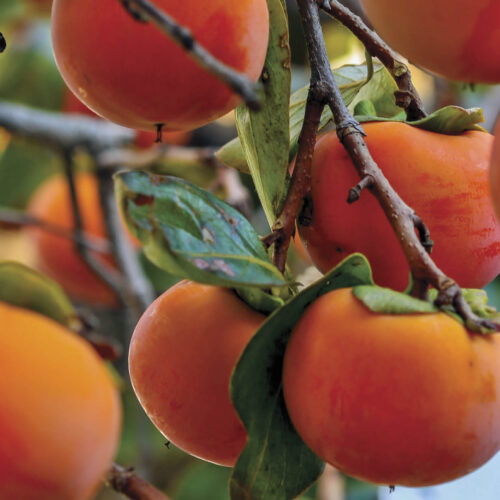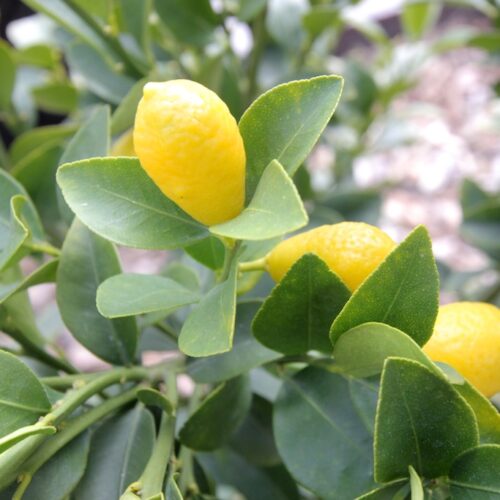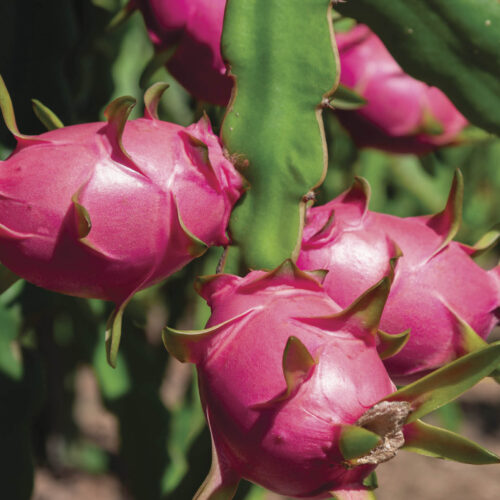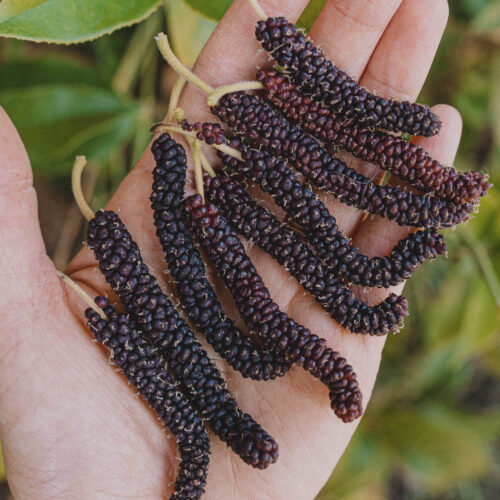Become a backyard conservator
2013-07-11T01:34:04+10:00
Grow heritage fruit trees at home and you'll become backyard conservator who is helping to stop the extinction of the world's food plants. JUSTIN RUSSELLL explains how.
The humble apple is among the world’s most important, and diverse fruits. With origins in the Tian Shan mountains bordering Kazakhstan and China, the fruit was spread through temperate regions of the world over four centuries, and domesticated to the point that by the early 1900’s around 16,000 individual varieties had been named and were being nurtured by gardeners and farmers. Around 7100 varieties existed in the United States alone.
Skip forward a century, and 6800 of these American varieties are extinct, never to be seen again. The world’s largest collection of apples, at Brogdale in the UK, maintains about 2100 apple varieties, but this represents just 13 percent of the fruit’s historic diversity. Almost 90 percent of apple varieties have been lost.
Similar stories exist about most of the world’s domesticated plant species. We’re living though an agricultural extinction crisis to rival the mass die-off of the dinosaurs, and we downplay it at our peril. Biodiverse ecosystems are inherently more resilient than simple ecosystems, and the same principle applies to food plants. Genetic diversity within a species such as the apple, makes the species more resistant to environmental shocks, chief of which is a changing global climate.
In my acre and a half garden I grow around 30 different apple varieties. Some are dessert apples, others are cookers, and a smattering are varieties for making cider. In the scheme of things, 30 varieties is a drop in the bucket, but you know what, I’m really proud of the role I’m able to play in helping stop those 30 varieties from going extinct.
You can play a role too, by growing heritage fruit in your own garden. Search online for heritage fruit nurseries and you’ll turn up half a dozen outlets that have a decent range of trees that can be shipped bare rooted to most states in Australia during winter. Become a backyard conservator and help preserve our common genetic diversity for the benefit of future generations.






